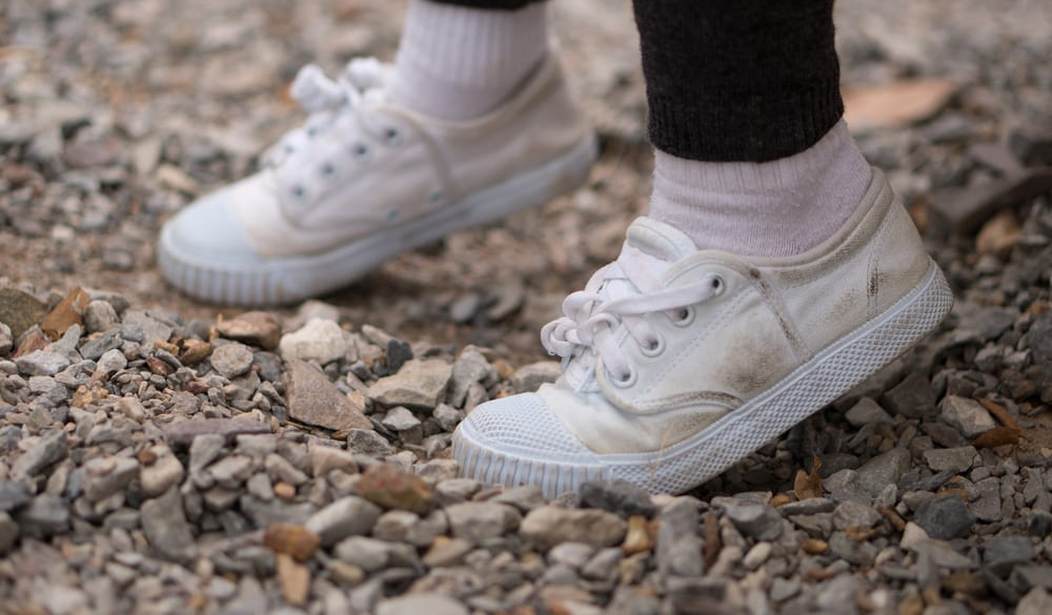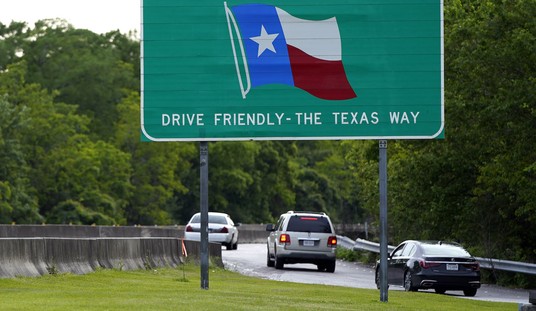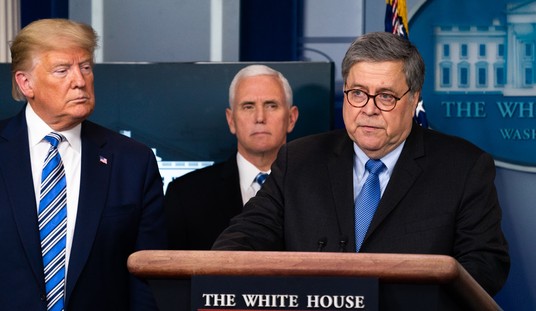When many of us were kids, scraped knees were simply a part of life. That was, in part, due to the fact that so many places we played lacked some of the safety measures kids can find on today’s playgrounds.
One Missouri playground doesn’t, though. It still boasts a pea gravel-covered ground rather than the more modern recycled rubber that many other places do. Run by a Lutheran church, they put in for a government grant to update their playground…well, ground. It did not go particularly well and now the ensuing court case will be among the first that Supreme Court Justice Neil Gorsuch will hear in his new role.
The Supreme Court has waited 15 months to take a swing at what may be the premier case of its lackluster term — but at the last moment, the church-state dispute over a Lutheran church’s playground may be slip-sliding away.
On the surface, the case is about just that: the unforgiving, pea gravel surface of the playground at Trinity Lutheran Child Learning Center in Columbia, Mo. Children have been scraping their knees and elbows there for years, and the church wants to replace it.
Therein lies the rub. Its application for a state grant to install a rubber surface made from recycled tires was turned down in 2012 because the state constitution — similar to those in more than 30 states — prohibits giving public funds to religious institutions.
“We were surprised we were singled out and rejected because we are religious,” Annette Kiehne, the center’s director, says. “I thought it was very sad that our kids were going to be denied a safer playground simply because their preschool is owned by a church.”
So the church sued, and while it has lost at every turn, the trend has been turning in its favor. A federal district judge ruled for the state. An appellate court panel issued a split, 2-1 verdict. The full appeals court locked up, 5-5. The Supreme Court agreed to hear the case. One of the justices who likely did so, Antonin Scalia, died, but his seat was held open 14 months -— and the case put on hold that long — until fellow conservative Neil Gorsuch was confirmed this month.
The state has reversed the decision, and while Trinity Lutheran’s denial still stands, it’s possible that the court will simply call the case resolved and move on.
However, the case does bring up a key point regarding the First Amendment and its prohibition against an establishment of religion. In particular, should churches be explicitly barred from grants that other organizations are eligible for, even when it’s for child safety?
While the First Amendment’s clause regarding no establishment of a state religion is often the root of the idea of “separation of church and state,” the phrase itself is nowhere in the constitution. However, there is an amendment calling for equal protection before the law. Why are all religious institutions barred from receiving money?
It would seem that the First Amendment wouldn’t be violated until such time as one denomination or faith was given preferential treatment over others. If all are receiving equal treatment, including non-Christian faiths, then just how is the First Amendment being violated by the awarding of a grant?
On the other hand, should the government be giving any private organization grants for anything?
It should be interesting to see which way the Court rules.








Join the conversation as a VIP Member